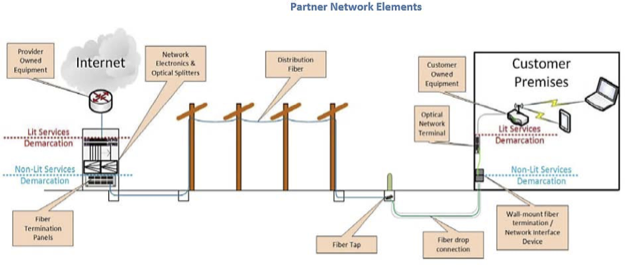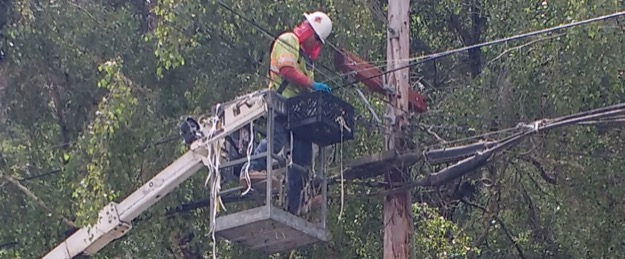CPUC rejects almost all attempts to block broadband infrastructure subsidies

Just a relative handful of census blocks in California will be excluded from state broadband infrastructure subsidies as a result of the first round of jus primae noctis right of first refusals granted to incumbent providers by the California legislature. Four service providers filed claims, and three were completely rejected by California Public Utilities Commission staff. The fourth was partially accepted.
Only one of California’s big monopoly-model broadband service providers tried – unsuccessfully – to make a play.… More


![Hydrogen Iodide at en.wikipedia [GFDL (https://www.gnu.org/copyleft/fdl.html) or CC-BY-SA-3.0 (https://creativecommons.org/licenses/by-sa/3.0/)], via Wikimedia Commons](https://www.tellusventure.com/images/2017/6/pge_transmission.jpg)
![By Steve Jurvetson from Menlo Park, USA (The Donald & Mark Wahlberg) [CC BY 2.0 (http://creativecommons.org/licenses/by/2.0)], via Wikimedia Commons](https://www.tellusventure.com/images/2018/1/trump_att.jpg)




![By Gregor Rodehüser, www.chronoblogie.de (Own work) [GFDL (https://www.gnu.org/copyleft/fdl.html) or CC BY-SA 3.0 (https://creativecommons.org/licenses/by-sa/3.0)], via Wikimedia Commons](https://www.tellusventure.com/images/2017/12/traffic_cones_625.jpg)
![Sam Beebe/Ecotrust [CC BY-SA 3.0 (https://creativecommons.org/licenses/by-sa/3.0)], via Wikimedia Commons](https://www.tellusventure.com/images/2018/1/montana_vista.jpg)